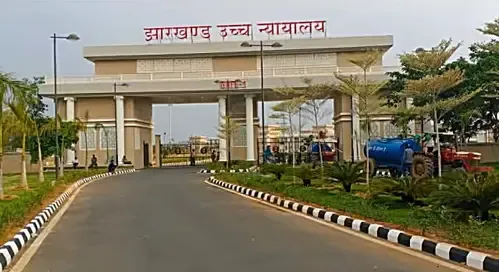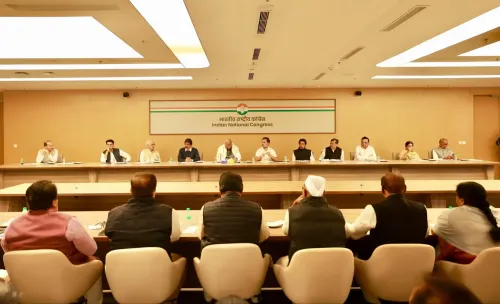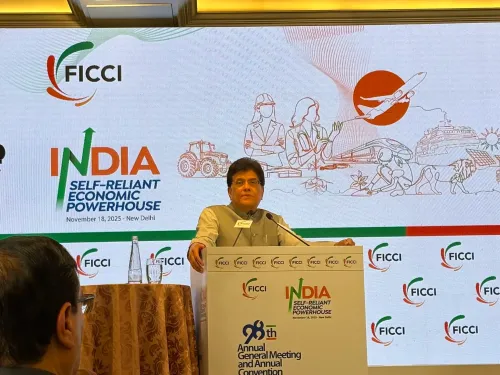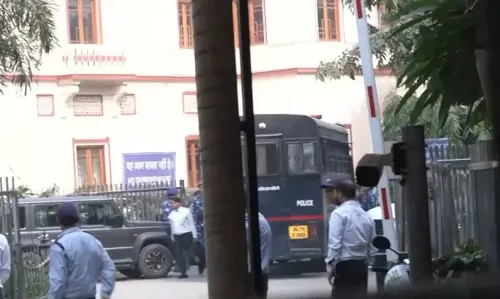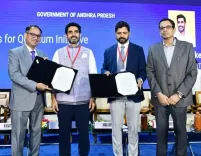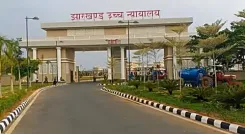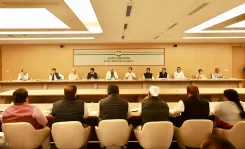Did Over 18 Lakh Health Camps Screen 10 Crore Citizens Under Swasth Nari Sashakt Parivar Abhiyaan?
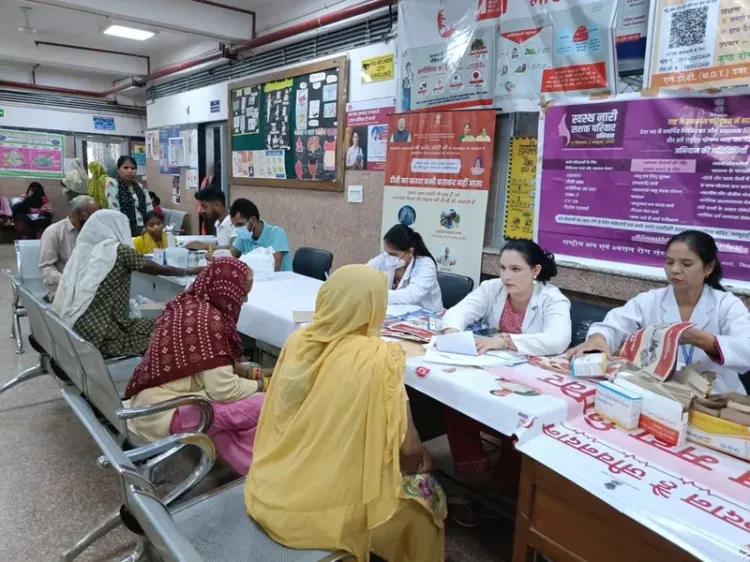
Synopsis
Key Takeaways
- 18 lakh health camps set up across India.
- 10 crore citizens screened for health conditions.
- Focus on women's and children's health.
- Numerous screenings for serious diseases.
- Community engagement in promoting healthy lifestyles.
New Delhi, Oct 3 (NationPress) More than 18 lakh health camps were established under the Swasth Nari Sashakt Parivar Abhiyaan, screening 10 crore citizens nationwide for various non-communicable diseases, as stated by the government on Friday.
The health initiatives, inaugurated by Prime Minister Narendra Modi on his birthday, September 17, concluded last Thursday, benefitting over 6.5 crore women, alongside children and families, through extensive health services.
This initiative marked the largest health outreach for women and children in India.
According to the Ministry of Health and Family Welfare, over 1.78 crore citizens were screened for hypertension and 1.72 crore for diabetes.
Additionally, more than 37 lakh women underwent breast cancer screenings, over 19 lakh for cervical cancer, and more than 96 lakh for oral cancer.
The camps also facilitated over 62.60 lakh antenatal check-ups, while more than 1.43 crore children received essential vaccinations.
Furthermore, over 1.51 crore women and girls were screened for anaemia, more than 85 lakh for tuberculosis, and 10.23 lakh for Sickle Cell Disease.
Additionally, more than 4.30 lakh people registered as blood donors, and 10.69 lakh Ayushman/PM-JAY cards were issued.
In conjunction with a broad network of NHM health camps, AIIMS, other Institutes of National Importance (INIs), tertiary care hospitals, Ayushman Arogya Mandirs, medical colleges, and private institutions played pivotal roles in this national initiative.
The facilities hosted numerous specialty camps offering advanced screenings, diagnostics, counselling, and treatment services to beneficiaries, enhancing the efforts of state governments and community health workers.
Beyond disease screening, the campaign mobilized communities towards healthier lifestyle practices with a particular focus on obesity prevention, improved nutrition, and voluntary blood donation, according to the Ministry.

